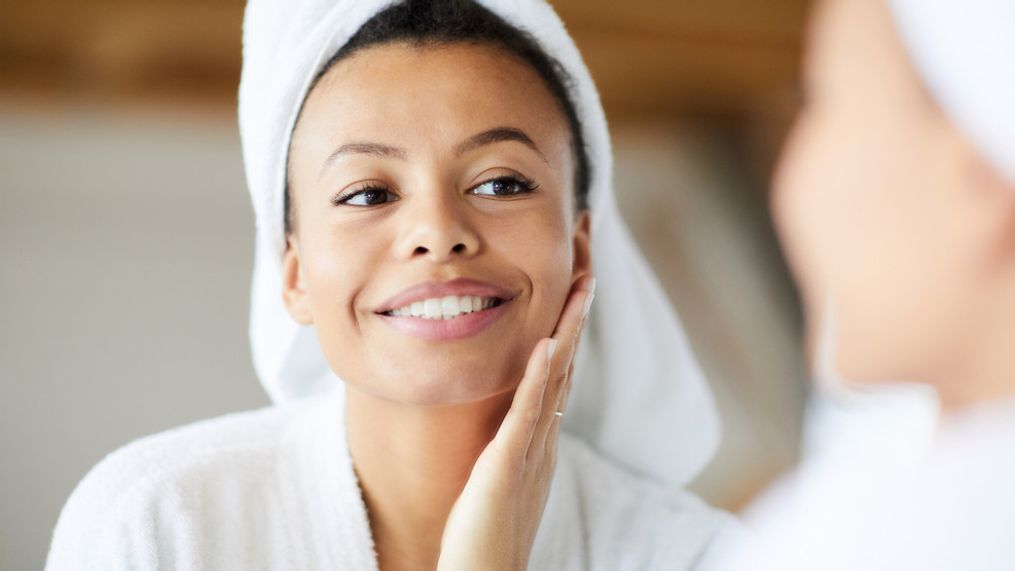3 tips to improve skin care

What's the first thing a person sees when they look at you? Often, it's your skin. Over time, this crucial element of any first impression begins to degrade and wear down due to both years of elemental exposure and a loss of vitamins and proteins.
Fortunately, there are ways to improve your skin's health, even after these natural aging symptoms begin to progress.
Increase your daily collagen intake
One of the main reasons a person's skin begins to wrinkle and sag is collagen loss. The body produces less collagen as a person ages, which leads to a loss of elasticity in the skin. Taking a collagen supplement is a great way to increase those collagen levels and even help renew your skin cells. By taking more collagen, you can make your skin firmer and less wrinkly. It keeps the skin looking fuller and healthier than it would be otherwise.
If you don't like taking supplements, there are other ways you can get a healthy dose of collagen, including:
- Extra vitamin C
- Antioxidants, such as berries, coffee, and herbs
- Red light therapy, either at a professional setting or in the comforts of your home
Wear sunscreen
In modern society, we see tanning as a way to promote one's beauty. In reality, "tanned" skin cells are damaged skin cells.
Every time a person tans, they further destroy their skin cells. And while your body needs some sunlight to take in vital vitamins provided by mother nature, too much of a good thing can be dangerous. Ultraviolet (UV) rays are a form of radiation emitting from the sun, and while there are different types of UV rays (UVA, UVB, and UVC rays), UVB rays are the ones that cause sunburn. Too much of this will not only impact the look of your cells, but it may also prompt the development of chronic diseases like cancer.
To avoid these sorts of developments as best as possible, it is in your best interest to wear sunscreen – and not just sunscreen with a sun protection factor (SPF) of four or eight. Dermatologists recommend using sunscreens with at least an SPF of 30, which blocks 97% of UVB rays. For reference, SPF 50 blocks 98 percent of UVB rays, while SPF 15 will only block 93%.
Sleep, sleep, sleep
The biggest secret to skin rejuvenation might be sleep. Sleep is when the body rebuilds tissue – it's when the body's muscles grow, tendons thicken, and skin heals. It does not matter whether you use the best lotion ever invented if you do not sleep because your body will never be given a chance to heal. Healing, no matter the circumstance, takes time, and the best way to make use of that time is with sleep.
Eating well can't hurt, either. If you don't eat healthy foods, you're missing out on vital micro and macronutrients that will adequately fuel your body during those healing stages. Give yourself the gift of sleep and nutrition if you want better skin – your body will thank you for it.
Sinclair Broadcast Group is committed to our viewers' health and well-being, which is why we initiated Sinclair Cares. Every month we'll bring you information about the "Cause of the Month," including topical information, education, awareness, and prevention. September is Healthy Aging Month.
